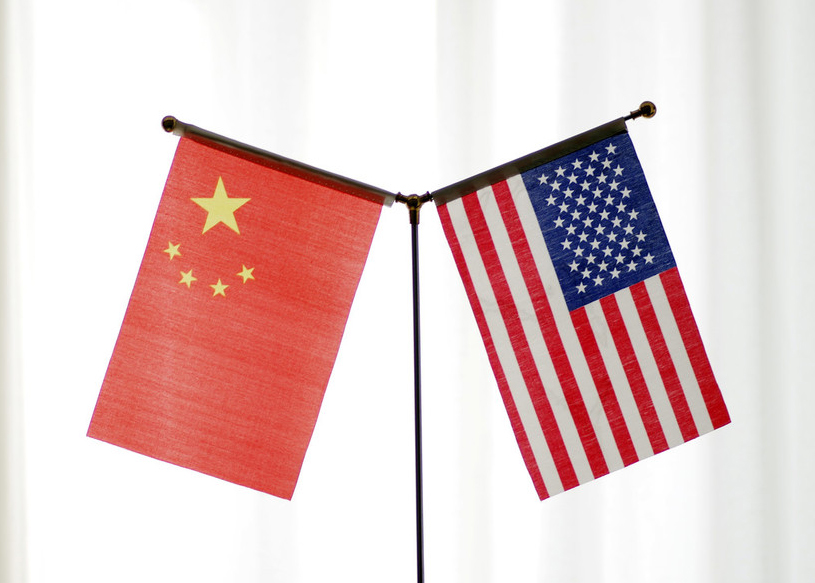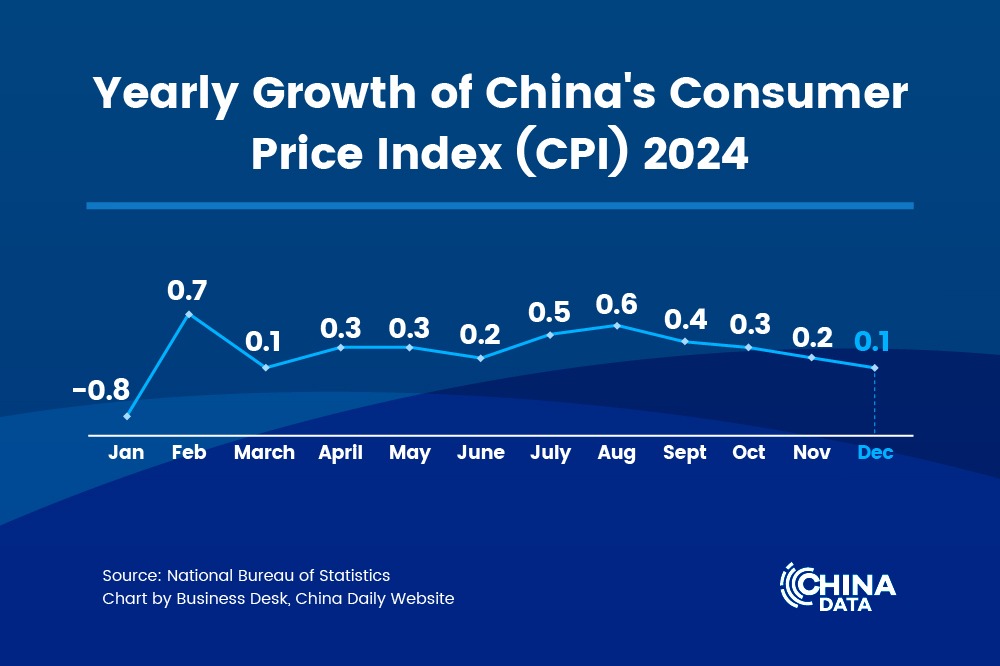Experts: Fresh threats by US will not work


Washington blasted for imposing an unworkable '1930s strategy' on tariffs
China won't give in to extreme pressure by the United States on tariffs and will firmly defend its core interests, as it has sufficient countermeasures available, experts said.
The reaction came after the Ministry of Commerce expressed strong opposition on Saturday to a new threat of additional tariffs by the US on about $550 billion worth of Chinese imports. The ministry urged Washington to reverse course immediately or be prepared to "bear all the consequences".
The fresh retaliatory threat by the US violates the consensus reached between the countries' top leaders and severely undermines the multilateral trading system and normal international trade order, the ministry said, adding that Washington will eat the bitter fruit of its own actions.
Gu Xueming, head of the ministry's Chinese Academy of International Trade and Economic Cooperation, said none of the extreme pressure tactics and intimidation by the US will work with China, which will unswervingly protect itself.
In the future, the country's countermeasures will be more rational, firmer and more powerful, Gu said at a seminar in Beijing on Sunday.
Noting that cooperation is the only correct choice, Gu said he hoped the US will see the situation clearly, give up its illusions and resolve its differences with China under the principle of mutual benefit and respect. Any agreement must be acceptable to both sides, Gu said.
Bai Ming, a senior researcher at the academy, said China has sufficient tools in its toolbox to use to counter the US administration's unilateral tariff actions. The "quality" of the tools matters most, he said.
On Friday, the US administration said it will hike duties on $250 billion worth of Chinese goods from the current 25 percent to 30 percent beginning on Oct 1, and the remaining imports of $300 billion from the previously planned 10 percent to 15 percent on Sept 1.
The move followed Beijing's plan on Thursday to raise tariffs on $75 billion worth of US goods in a response to the US side's planned levies on an additional $300 billion worth of Chinese imports, announced earlier this month.
The US imported goods from China totaling $478.4 billion in 2018, according to China's General Administration of Customs.
Sang Baichuan, director of the Institute of International Business at the University of International Business and Economics, called China's latest countermeasures "rational and powerful".
"It is rational, as China did this to protect its own economic and social interests and safeguard its right of development, as well as to defend multilateralism and economic globalization," Sang said.
"The move is also powerful because additional tariffs on certain US products, like soybeans and oil, hit the US where it really hurts."
Since the China-US trade spat erupted about a year and a half ago, the world's two largest economies have slapped several rounds of import duties on each other.
US trade groups have joined a chorus of opposition to the latest escalation of tariffs Washington threatened for all Chinese imports as intensified tensions roil stock markets, ruin businesses and rob US farmers of their most important export markets.
"Enough is enough — as evidenced by Friday's 623-point drop in the Dow," said Gary Shapiro, president and CEO of the Consumer Technology Association in Arlington, Virginia, referring to the Dow Jones Industrial Average, a measure of the US stock market.
"Global markets are reeling on fears of a global recession. ... These escalating tariffs are the worst economic mistake since the Smoot-Hawley Tariff Act of 1930, which catapulted our country into the Great Depression. Instead of making America great again, the president is using tariffs to make a great economic mistake again."
Rick Helfenbein, CEO of the American Apparel & Footwear Association, said businesses are being subjected to "a 1930s trade strategy".
"It takes years to build relationships that meet compliance standards and to deliver quality products, yet we have been given weeks and in this case days," he said.
David French, senior vice-president for government relations of the National Retail Federation, said, "It's impossible for businesses to plan for the future in this type of environment. The administration's approach clearly isn't working. ... Where does this end?"
Contact the writers at [email protected]




































